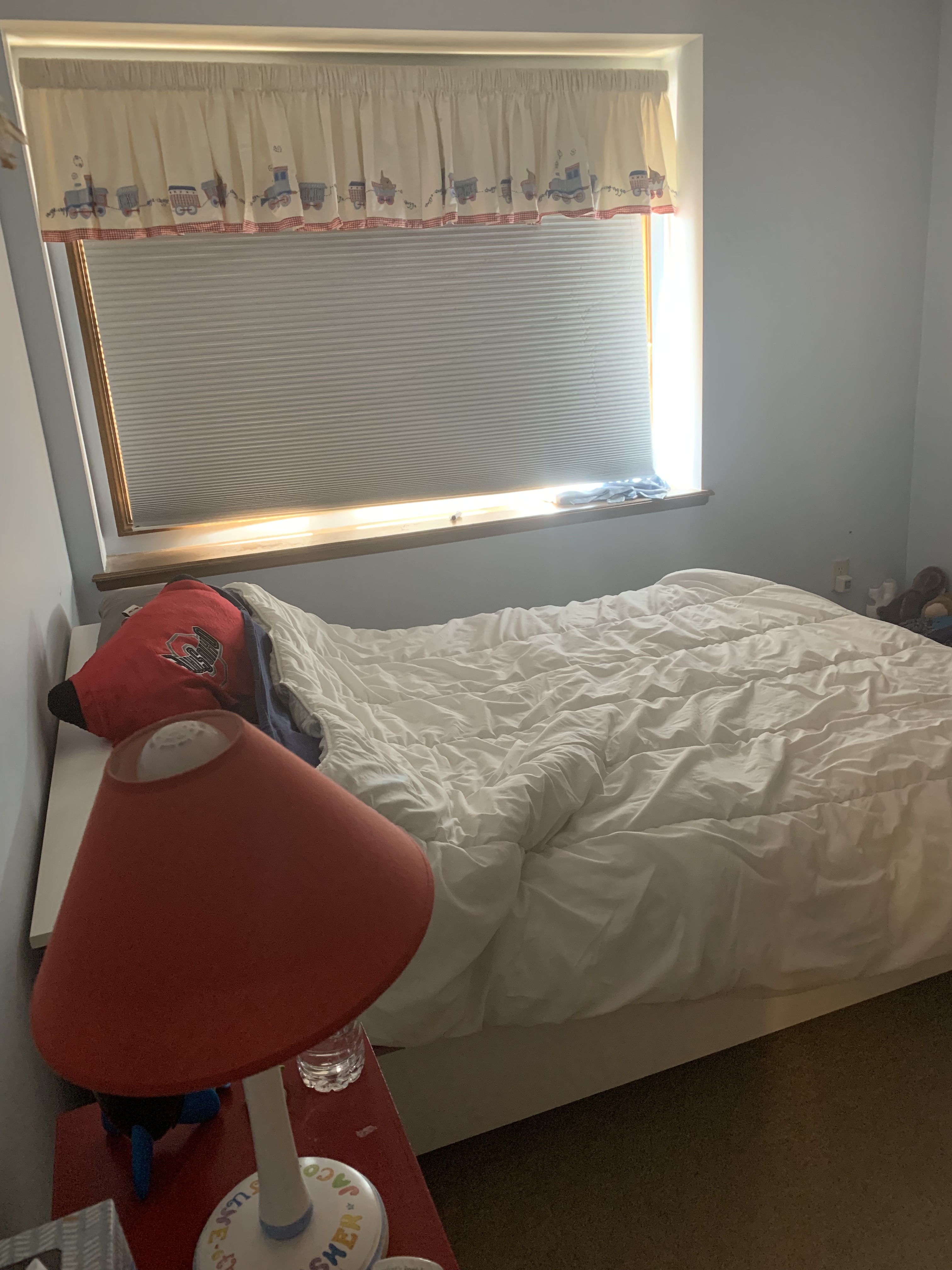
My home phone rang the other day right before my kids got home from school.
For those of you who do not know what I mean by “home phone”, its that thing that plugs into a wall and has the # symbol that cannot hashtag anything. When the home phone rings, I typically keep doing whatever I am doing unless I am feeling a bit of whimsy to torment . The only other time it rings is when someone at the school does not know to call my cell–which often then strikes fear in my heart. So I picked up.
“Mrs. ATeam?”
Gulp.
It was A1’s new science teacher calling to say, “First of all….let me tell you I think he is hilarious. He made this cartoon strip ….”
He then went on to disclose all the other things drenched in awesomeness while I was waiting for the “Second of all….” part. That part never came.
He called me to tell me I had a cool kid. And that was it.
I am already too experienced with the school system to be naive. That same morning I had to send an email to kindly remind another teacher to carefully review A1’s IEP and Health Plan as there were some important things not being followed. Coincidence to hear from the science teacher the same day? Probably not. I am guessing he may have just been reminded that he had a kid in his 4th period class who has an IEP and a Health Plan. Maybe not, but as I suggested being doe-eyed does not work as well with crows feet.
Unfortunately, what struck me most about this amazing phone call is that in the 3 years that my younger child has been in public school–my very speech impaired child–I have never ONCE received a phone call from a regular ed teacher just to tell me about his day in their class. There are two things you need to know:
1. He tries to tell me about his day. Every day. And without context, we cannot understand what he is trying to tell us.
2. I have ASKED for this type of communication from regular ed. Over and over. Every year. In front of other people. To almost no avail.
So, regular education teachers, this advice is completely free of charge. The key to keeping us special ed parents at bay.
1. CONTACT US FIRST: Before school even starts, call to introduce yourself and ask about our kid. Give us your contact information. Assure us you are the extra eyes and ears for a kid who has no voice.
2. DON’T ASSUME THE INTERVENTION SPECIALIST IS JUST TELLING US EVERYTHING. My kid has a whole 30-60 minutes a day of direct intervention specialist time required in his IEP in our high-end-award-winning-district. My severely learning disabled child with a severe speech disorder. The paraprofessionals who are with him most of the day are not permitted to communicate with me directly due to their classified employee status. We often get second hand info from our IS that sounds something like “had a great time in music class learning new songs” likely because that is all SHE gets told. The small tidbits we do get…well, that’s ALL we get to know. The nuances are never there for us. We don’t get to hear if they are making a new friend, if someone hurt their feelings, or if they liked something they learned about. And those things are definitely happening in my child’s world. No matter how hard he may try to share those things with me, if I have no context, I will not know at all what he is telling me let alone what questions to ask. The paras also are not allowed to attend IEP meetings even at my request. Were you aware of any of that? A2’s Intervention Specialist has 10 kids who can’t tell their parents anything about their day.
She is ALL of their voices….and she is trying very hard to be all knowing by being the 3rd party communicator. But why?
This is a team approach. While you do have 25 kids in your room, if they are lucky and have parents who actually ask them about their day, their kids can tell them. You have so much you can tell us and I guarantee all of us want to know.
3. INVITE US IN: To volunteer, to be a fly on the wall, to talk about our kids to your class. Did you know that neither you nor any of his other caregivers during the day are allowed to divulge any information regarding our child’s diagnoses to the other children due to HIPAA**? And there are SO many questions from children aren’t there? If you have an inclusive classroom, the information a parent can provide the children can be invaluable to the inclusive environment. Offer to include the IS to help that parent if they express interest but are uncomfortable.
**IMPORTANT DISTINCTION: FERPA (Family Educational Rights and Privacy Act) any information that is directory information is ok to give out. So If a parent is asking for another child’s last name or to get in touch with another family, that is not confidential information if the family did not opt out of directory information. You just can’t tell us the child is on an IEP or anything regarding diagnosis.
4. RECOGNIZE WE UNDERSTAND YOU ARE BUSY: We are not to have a “gotcha” moment. I cannot imagine being a teacher right now. Huge classloads, jobs dependent upon test scores that are dependent on more than just your ability, differentiated instruction, outliers flying under the radar, helicopter parents, uninvolved parents. A 10 minute phone call once a month to tell us something we wouldn’t know without your call us huge for us. If you do that once a month without fail you will likely rarely hear from us. But your principal will almost definitely hear from us. To hear how awesome you are.
5. INCLUSION AND INTEGRATION ARE DIFFERENT: This doesn’t mean let a special ed kid also have a desk and have peers help him hang up his backpack (though we recognize the value in that too). I mean if you take a picture of our kids to put on a bulletin board, make sure it is a good one like everyone else. If you are reading to the class and you ask a question the other kids can answer, figure out a way to ask a question that could include our kids’ ability to answer. While you have kids who can fall through the cracks, ours have absolutely no way to mountain climb out of those crevices without you. I am sure like us you don’t want them just to be a warm body at another desk. Ask their IS for strategies–that is why they are there.
BONUS #6 also at no charge: THE MOST DIFFICULT PARENTS ARE LIKELY YOUR BIGGEST ALLIES: Yep. We are the wave makers, the getter-doners. We figure out what you want and need and we try to get it for you especially if it will benefit our kids. Sometimes you don’t even need to tell us what that is. We figure it out. Assume nothing regarding our motivations.
For those of you who went into regular education vs. special education–those days are long gone. Inclusion is not just the responsibility of your Intervention Specialists. Much like us parents of kids with special needs…we started out in the exact same place as all the other parents in your room. Maybe even as you did too as a parent. Our journey veered off years ago but the desire to get to know the same thing we would have if everything turned out as expected has not.










